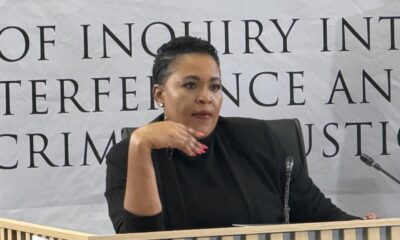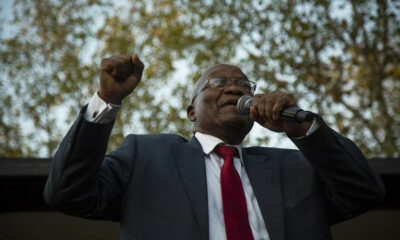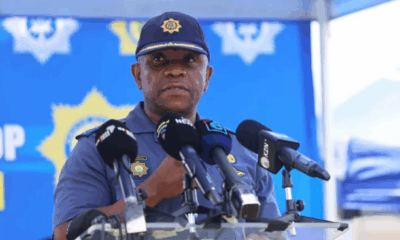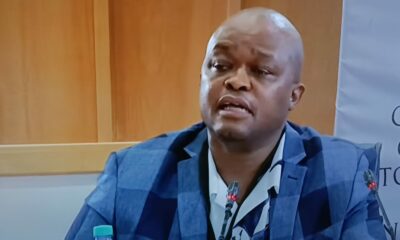News
Shamila Batohi Faces Parliament Over Explosive Criminal Infiltration Claims
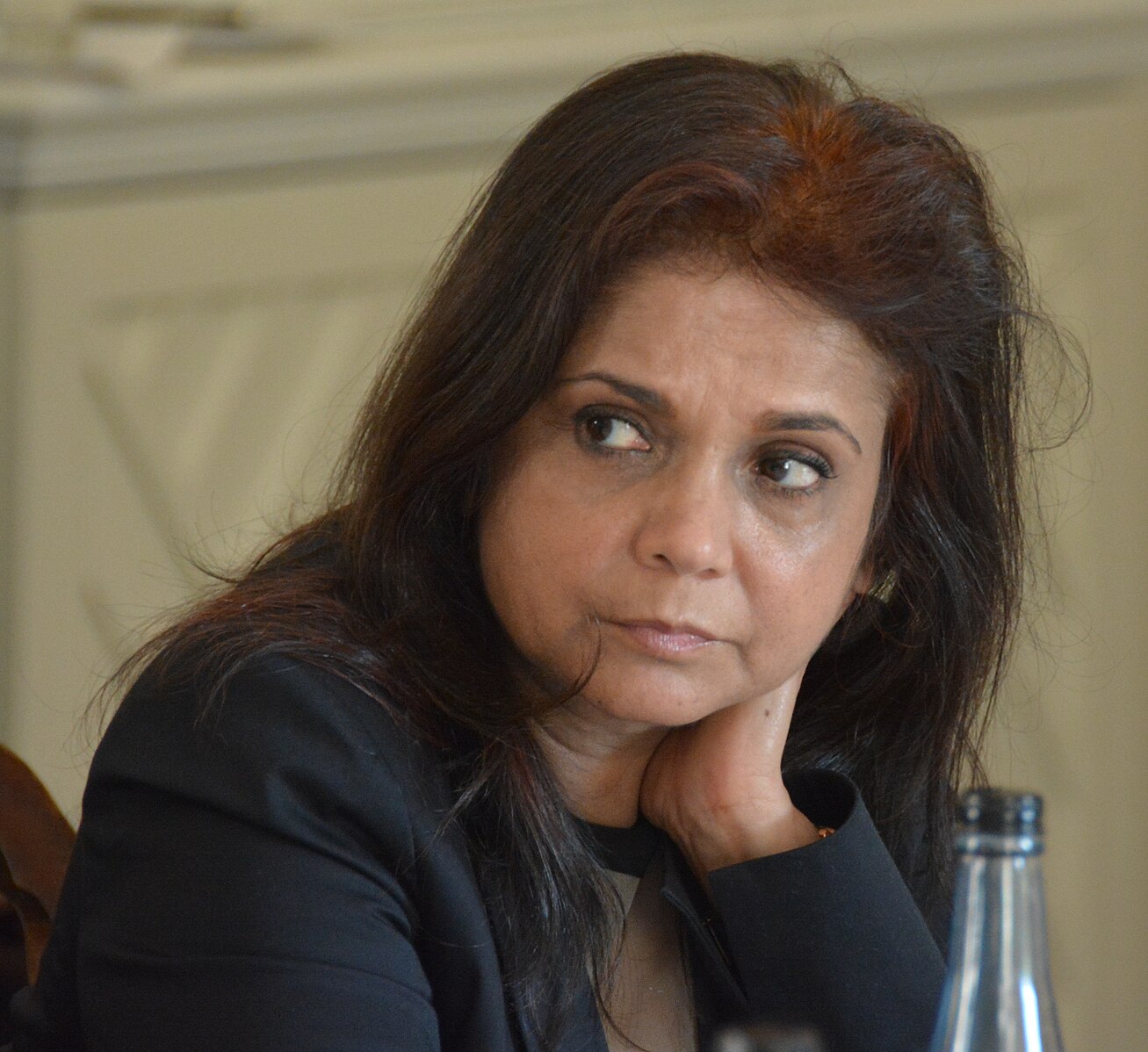
Shamila Batohi Faces Parliament Over Explosive Criminal Infiltration Claims
South Africa’s top prosecutor, Advocate Shamila Batohi, is set to face one of her most scrutinized public moments this week as she appears before a parliamentary inquiry probing claims of criminal infiltration within the justice system.
The hearings, which have gripped the nation since early October, come amid growing unease about how deeply organised crime networks may have embedded themselves in law enforcement and intelligence agencies, a fear now confirmed by some of the country’s most senior officials.
The “Big Five” and a justice system under siege
The inquiry, chaired by MP Soviet Lekganyane, was launched on October 7, following a bombshell revelation by KwaZulu-Natal Police Commissioner Lieutenant General Nhlanhla Mkhwanazi. In July, Mkhwanazi claimed that a powerful criminal network, dubbed the “Big Five” had infiltrated multiple layers of South Africa’s security forces, influencing investigations and undermining accountability.
According to Mkhwanazi, the syndicate’s reach extends far beyond street-level crime, with links to high-ranking police officers, politicians, and intelligence operatives. “These are not random criminals,” he warned during his July media briefing. “They are organised, protected, and operating from within.”
Political task team disbanded and questions mount
Central to the controversy is the December 31, 2024 decision by suspended Police Minister Senzo Mchunu to disband the Political Killings Task Team (PKTT) a move that Mkhwanazi says crippled ongoing investigations into politically motivated assassinations.
The PKTT was formed to probe a series of high-profile killings in KwaZulu-Natal, many believed to be politically linked or tied to organised crime syndicates. Its disbandment, Mkhwanazi told Parliament, “sent a message that those with power and connections could continue operating without fear.”
This revelation has ignited a fierce national debate. Critics argue that the move created a vacuum in one of the country’s most violent provinces, where political killings remain alarmingly common particularly in local government and party structures.
Batohi under pressure to answer tough questions
As the National Director of Public Prosecutions (NDPP), Batohi now finds herself at the centre of this storm. Lawmakers are expected to press her for answers on allegations of political interference and internal corruption within the National Prosecuting Authority (NPA).
Some MPs have openly questioned whether “rogue elements” inside the NPA may have shielded powerful figures connected to the syndicate. Others want to know how the NPA plans to restore credibility amid what one committee member described as a “justice system under siege.”
Batohi, known for her measured yet firm public demeanour, is likely to defend the institution’s integrity while acknowledging that corruption and intimidation remain deep-rooted problems. Her testimony will be closely watched by political analysts, journalists, and a public weary of yet another corruption scandal.
A parade of power and accountability
Batohi joins a long list of high-profile witnesses who have already appeared before the committee. They include suspended Police Minister Senzo Mchunu, National Police Commissioner Fannie Masemola, Deputy National Commissioner Shadrack Sibuyi, former Police Minister Bheki Cele, and Deputy Police Ministers Cassel Mathale and Dr Paulina Boshielo.
Also testifying were Acting Police Minister Firoz Cachalia and Andrea Johnson, head of the Investigating Directorate Against Corruption, a division under the NPA tasked with tackling major graft cases.
Each has offered their version of how criminal syndicates allegedly penetrated state institutions, often pointing fingers at one another as blame circulates through the hierarchy of South Africa’s security establishment.
Public reaction: frustration, fatigue, and fear
Public response has been swift and divided. On social media, South Africans expressed a mix of outrage and exhaustion.
“Every few years we hear of another syndicate ‘capturing’ the system,” wrote one X (formerly Twitter) user. “Meanwhile, justice for ordinary citizens remains out of reach.”
Another lamented, “If the Big Five are really inside the system, what hope do whistleblowers and honest cops have?”
Civic organisations, including Corruption Watch and OUTA, have called for transparency in the committee’s proceedings, urging that findings not be “buried in bureaucracy.”
A justice system at a crossroads
The inquiry into criminal infiltration is not just about individual accountability it’s a test of South Africa’s democratic resilience. The revelations suggest that decades after state capture, the rot may still run deep, threatening both governance and public trust.
If the committee’s findings confirm the allegations, it could trigger a political reckoning across multiple departments and potentially lead to the restructuring of anti-corruption and intelligence units.
For Batohi, this moment is personal and defining. Her leadership has long been criticised for being too cautious in a country demanding swift justice. But for many, this hearing is her opportunity to reclaim the NPA’s moral authority or risk losing it entirely.
As the hearings continue through the week, South Africans are left watching, hoping that this time, the truth doesn’t get lost in the shadows of power.
{Source: IOL}
Follow Joburg ETC on Facebook, Twitter , TikTok and Instagram
For more News in Johannesburg, visit joburgetc.com



